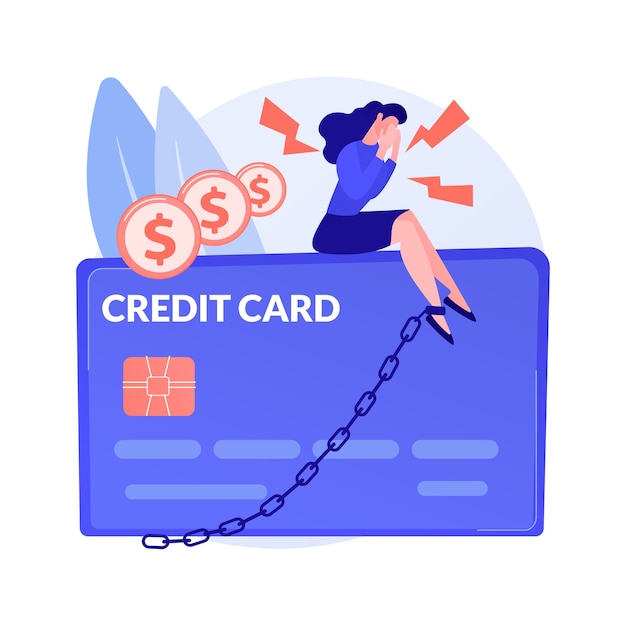
Did you recently triumph over your credit card debt? Excellent news! It’s an achievement worthy of notice, demanding disciplined effort and hard work to eliminate credit card debt. Given the revolving nature of credit and high-interest rates, it’s quite easy to plunge back into that troublesome hole. So if you’ve recently cleared your credit card debt, having a well-defined plan to avert future obligations and manage your cash effectively is critical. Here are five steps to guide you after settling your credit card debts:
1. REVIEW YOUR CREDIT SCORE
Your diligent efforts in clearing your credit card debt should reflect positively on your credit score since credit rating agencies factor payment history and credit utilization into their calculations. Typically, you should witness an improvement in your score even before completely clearing your card.
Imagine you have a card with a $5,000 limit, and you’ve maxed it out. As you gradually reduce this $5,000 balance and manage to offset $3,000, leaving $2,000, this remaining sum represents 40% of your total credit limit. Though not the most optimal utilization rate, it is still significantly better than carrying a balance that maxes out your limit.
Remember to cross-check your credit score from more than one agency to ensure proper reporting of your payment. Then get a comprehensive copy of your credit report from AnnualCreditReport.com at no cost.
2. REDEFINE YOUR CREDIT CARD USAGE
Approximately 14 million Americans bear credit card debts exceeding $10,000. It compels a definite reshuffling of financial priorities and habits to overcome such a burden. The same logic applies to maintaining your debt-free status.
Refocus on how you wish to use your credit cards now that you’re free from the engulfing debt pressure. A pledge to abstain from credit cards might seem easy, but the real culprits are often our spending habits.
Establish new guidelines for yourself. This could involve maintaining your balance below 10% – 20% and full monthly payments, or maybe you wish to stop excessive spending to gain rewards and cash backs.
3. RESTRUCTURE YOUR BUDGET
Reevaluate your existing budget to prevent future credit card debt and better manage your outgoings. A good budget should provide a clear picture of your income vs. expenditure. As a rule of thumb, your spending should not cross your income. If funds are stretched, pinpoint areas where you can reduce and save.
Remember to include your monthly payment amounts in your budget if you’re continuing with credit cards. Aim for the full monthly payment or something close rather than the bare minimum.
Analyzing your actual finances might reveal little room for credit card expenditure, but that’s okay. It’s better to understand your current financial circumstances rather than making purchases blindly.
4. START BOLSTERING YOUR EMERGENCY FUND
Once you’re done with your credit card debt, focus on building up an emergency fund. This financial buffer is your first line of defense when unplanned expenses arise. The idea is to have a substantial fund to cover these costs instead of resorting to credit cards.
As per financial advisors, a three to six-month living expenses’ worth should form your emergency fund. Choose a target sum that feels right to you.
5. ADOPT INNOVATIVE WAYS TO SAVE
If you’re serious about limiting your credit card usage and staying away from debt, you need to explore creative saving strategies. Instead of leveraging a card to gain rewards or travel points, perhaps you could seek discounts through alternative avenues. This could mean opting for Airbnb for accommodation or referring others to earn free credits.
For cash back alternatives, you could explore options like Ibotta, Fetch Rewards, or Upside. Besides, don’t overlook the benefits of sales, discounts, and inventive frugality measures for everyday savings.
TO SUM UP:
Eliminating your credit card debt is indeed a massive achievement. Take a breather to appreciate your accomplishment. Then transition into a well-charted plan to steer clear of future credit card debts. This calls for an updated budget, expanded savings, and commitment to a more frugal lifestyle.
Use the advice in this article as your roadmap. Embrace this refreshing life devoid of credit card debt and the constant anxiety of piling up thousands on your cards.
(Courtesy: SmartAsset.com)


